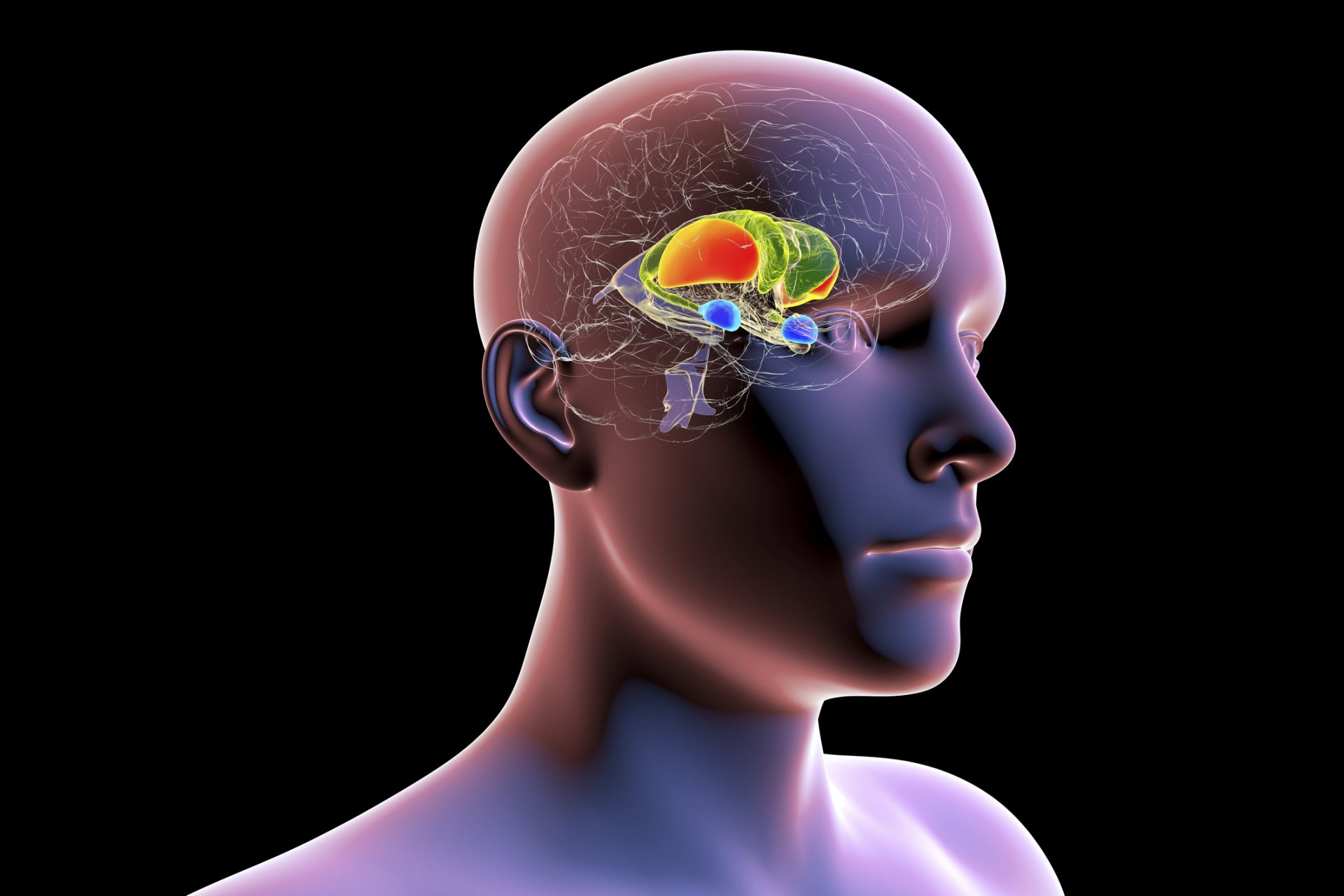Female tears have the power to reduce aggression in men
Female tears have the power to change behavior in men according to new research that revealed males become less aggressive when women cry. Why this happens is very interesting. Let’s look at the discovery and what it means.
The biological functions of humanity are part of a complicated evolutionary process that unfolded over tens of millions of years with a single goal in mind. Namely, to ensure the survival of our species through the art of behavior modification.
Photo by Eugene Zhyvchik on Unsplash
This is why humans evolved the ability to cry. Tearing up can not only protect your eyes from harmful irritates but it can also protect your mind when faced with the unbelievable pain that can accompany people as they go about their lives.
According to PsychCentral, crying releases endorphins that help the upset individual in an emotionally problematic position reduce their stress and feel calmer. However, that isn’t the only thing that our tears can do based on a new study.
Published in the journal PLOS Biology, researchers from the Weizmann Institute of Science have revealed that female tears are a powerful way to reduce aggression in men who are close enough to the crying female to get a sniff of the waterworks flowing from the crying woman.
Even more interesting, the researchers have theorized that the tears of individuals who aren’t women likely have the same calming effects on aggression after studying the topic extensively through the use of brain imaging, molecular biology, and behavior studies.
Scientific American’s Rachael Nuwer reviewed the new study and provided some extra context to the discovery that the average person likely wouldn’t have known, including the fact that crying really isn’t a uniquely human behavior.
Previous research has revealed that a wide variety of animals have the ability to cry for a wide variety of reasons. Scientists have even found that the tears of subordinate mole rats can reduce aggression in a group's dominant mole rat.
The process by which behavior can be affected through chemical signals is now quite logically chemosignaling, and this is the realm of science the researchers were looking at when they tried to decipher how tears affected aggression.
Photo by Afif Ramdhasuma on Unsplash
The first evidence that tears could affect human behavior was published in 2011 when a Neurobiologist by the name of Noam Sobel and his research team discovered women’s tears could reduce the level of testosterone in men who were aroused.
Sobel’s work on the subject prompted several new questions about crying and human behavior, questions which eventually led the neurobiologist and other researchers to look at how female tears affected male aggression during an experiment.
“We knew that sniffing tears lowers testosterone and that lowering testosterone has a greater effect on aggression in men than in women, so we began by studying the impact of tears on men,” said study co-author Shani Argon in a statement.
Photo by Victor Freitas on Unsplash
Twenty-five men were recruited to play a game, during which they were exposed to the vials of assorted smells, but in reality, the vials included a saline solution or the tears of women the researchers had previously collected from donors.
Photo by Julia Koblitz on Unsplash
“Using a standard behavioral paradigm, we found that sniffing emotional tears with no odor percept reduced human male aggression by 43.7%,” the researchers wrote in their study about the findings of their work.
Rachael Nuwer pointed out that the researchers were able to observe neural changes that occurred in the brains of the men who sniffed the female tears with an area of the the brain known to control aggression and decision-making processing being affected.
The tear and saline solutions were also tested on 62 human olfactory receptors in a lab dish by researchers at Duke University, and four key receptors were identified as those that responded to the female tears but not the saline solution.
Photo by CDC on Unsplash
“The reduction in aggression was impressive to us, it seems real,” Sobel explained to The Guardian about the new study. “Whatever is in tears actually lowers aggression,” he added, noting more research on the topic would follow.
Photo by Jonas Kakaroto on Unsplash
More for you
Top Stories






























